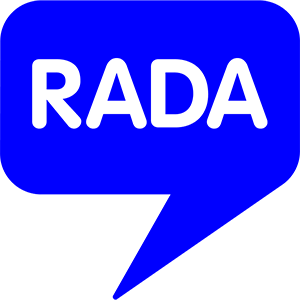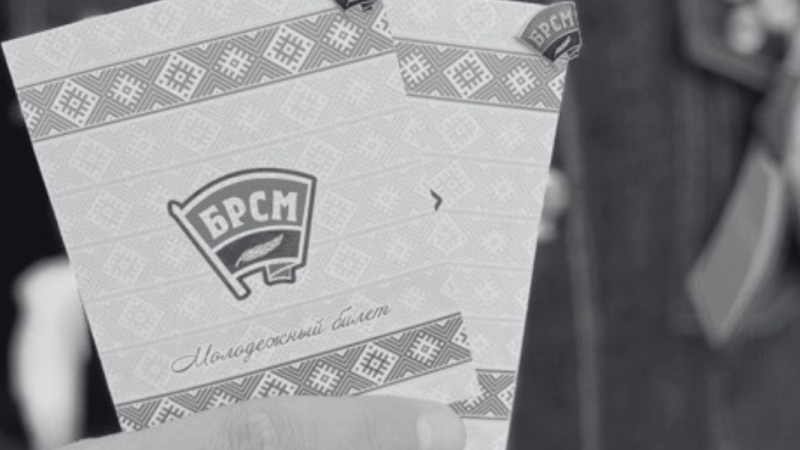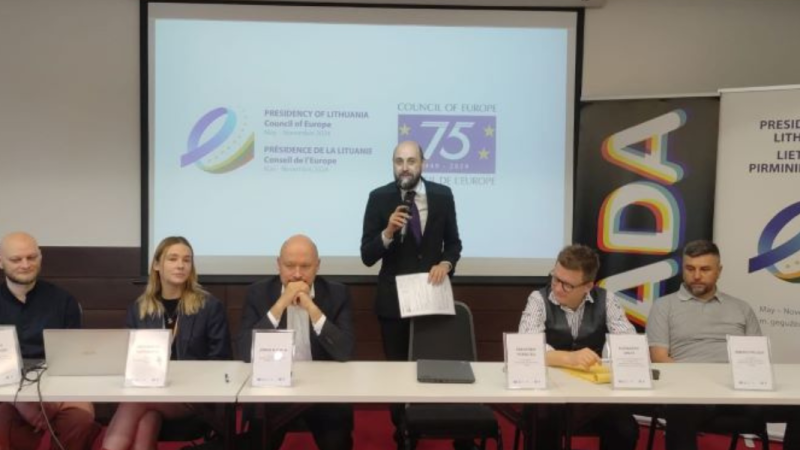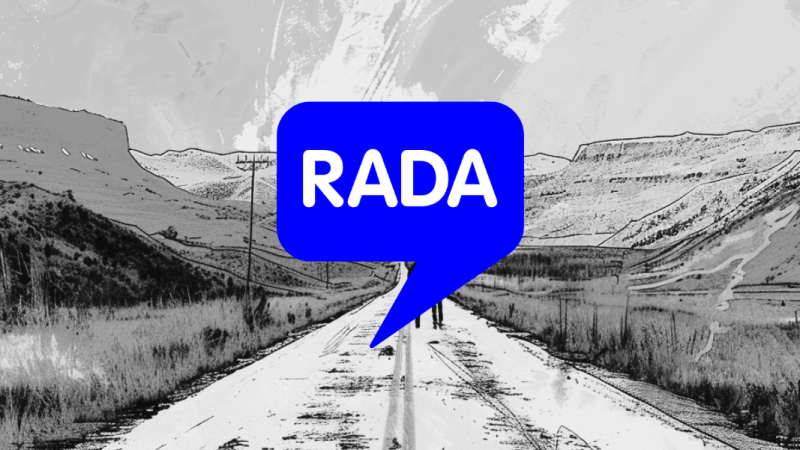The press under pressure: a ban on the profession
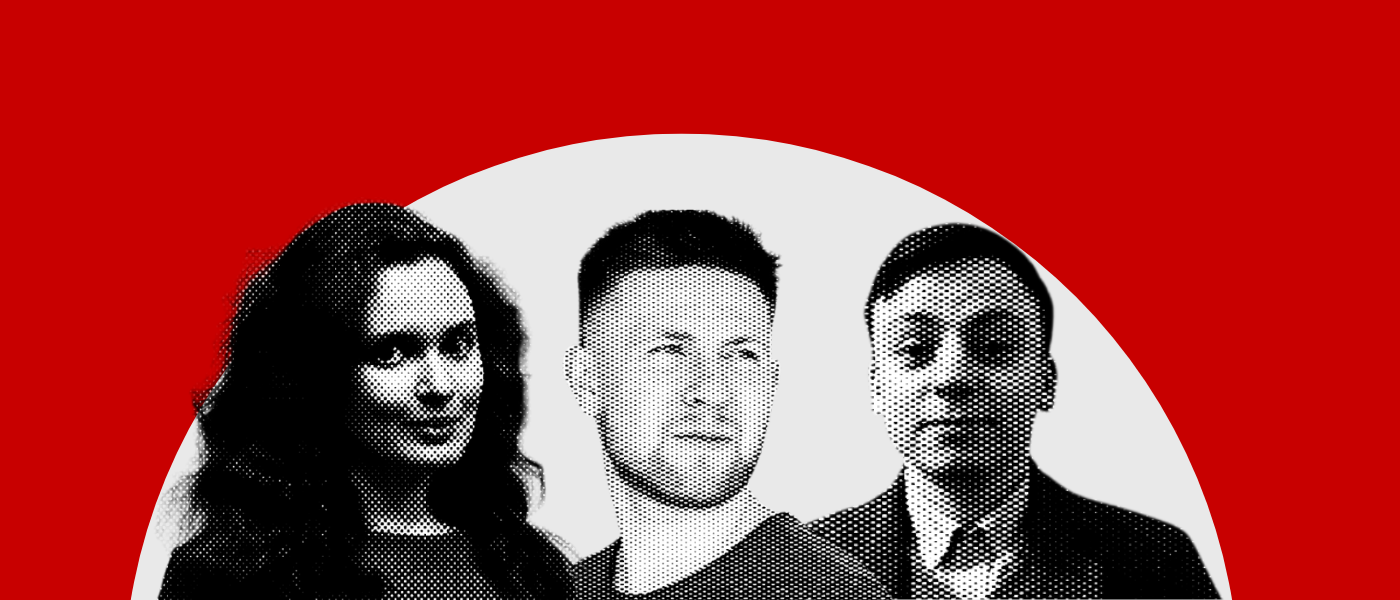
Since 2020, the Belarusian media, including the youth media, have been subjected to unprecedented persecution: their materials are recognised as “extremist”, access to information is restricted and independent media are forced to work from abroad. Currently more than 30 representatives of Belarusian media are being held captive, with fabricated criminal cases brought against them. About ten of them are young people under the age of 35. However, freedom of speech is one of the fundamental foundations for the development of democracy in the country, why are young journalists forced to remain silent?

The 30-year-old sports journalist from Tribuna.com and Krumkachy club footballer launched his own YouTube channel “ChestnOK” on which he talked about Belarusian football. Among other things, Sasha raised the problems that exist in the field and talked to athletes, including those who supported the protests. It was Sasha who produced the film about the football fan Nikita Kroutsov, who was found hanged. The journalist even signed a professional contract with the Krumkachy football club and made his first steps into the world of professional sport part of the content on the channel.
No one had ever shot a video of this format in Belarus before him. Ivulin called this project “Will Sasha leave?” referring to the famous phrase about “throw the ball”, referring to his possible appearance on the pitch as part of the football team.
But the phrase turned out to be a campaign slogan for his release. The Investigative Committee described the content of the videos on the journalist’s channel as “a call to create a negative assessment of the current government and to discredit the political and social situation in the country”, and the Belarusian court sentenced him to two years in prison. Ivulin was released shortly thereafter.

The 29-year-old journalist was detained while she was streaming for Belsat from “Peramen Square”, where protesters were violently dispersed, and was sentenced first to two years in prison and then to charges of ” treason” and her sentence was increased to eight years and three months.
Katsyaryna is known for her reports and live broadcasts on Belsat, she has streamed from Marches, conducted surveys in the streets of Minsk about the Belarusian language, and touched upon hot topics in her reporting – for example, corruption among government officials. She has been repeatedly detained and held administratively liable – perhaps only in Belarus is this considered an indicator of good journalistic work. Together with her husband Igor Ilyash, she wrote a book about the participation of Belarusian men and women in the war in eastern Ukraine, which the authorities also declared “extremist”.

A 34-year-old journalist, operator and photographer, who does charity work, helps orphan children, organises tourist trips and restores historical and cultural heritage, has been subjected to yet another form of harassment of journalists in Belarus. He has been convicted of “participation in an extremist formation”, even though, according to the latest information, Ales has not cooperated with the media for more than a year. In November 2020, Lubenchuk was detained for 12 days.
What is the matter?
By persecuting journalists, the authorities violate a number of rights and freedoms, which are enshrined not only in the Constitution of Belarus, but also in international agreements and treaties, including the International Covenant on Civil and Political Rights. Although Belarus denounced its participation in the agreement, at the time of the journalists’ detention it was a party to the Covenant.
Yes, freedom of expression is guaranteed by Article 33 of the Constitution and Article 19 of the Covenant. In the context of media work, it is very important to note that everyone is guaranteed the freedom not only to have an opinion or belief, but also the ability to disseminate it, which also implies the work of journalists. Media monopolisation and censorship are also prohibited – but in fact in Belarus only those journalists who publish what the state wants to hear are allowed to work, the field of independent journalism in the country has been completely destroyed. It is both censorship and media monopolisation.
In addition, the authorities are not only violating the rights of individual journalists when they prohibit them from disseminating facts and opinions that they see fit. It violates the right of everyone in Belarus to receive, store and disseminate information about what is going on around them. For example, arbitrary arrests for reposting from channels deemed ‘extremist’ can also be considered a violation of freedom.
Why is freedom of expression in the media important in the context of building a democratic society at all?
The exercise of this right enables people to be heard in society – and publications here are a forum where they can speak, raise issues and express their opinions. There is even what is called solution journalism, which not only voices problems but also looks for ways out of situations. In addition to its function as a mediator, journalism helps society to monitor the state’s actions, to ensure that it does not exceed the powers given to it by the people, and to ensure its rights and freedoms.
It is for this reason that journalism is often referred to as the “fourth” power. Moreover, the media help societies to move forward and set guidelines for development. All this becomes the foundation of democracy, as European institutions have repeatedly pointed out.
According to OSCE Permanent Council Decision No. 193, for example, free, independent and pluralistic media are a prerequisite for a free and open society and accountable governance.
However, it is important that it is not so easy these days to silence all dissenters. All the publications with which the journalists mentioned in the text collaborated continue their work – sometimes even more persistently. Journalists who have been released from prison also continue their work. So the media, contrary to state policy, are hardening in repression so that one day they will come to democracy together with society.
